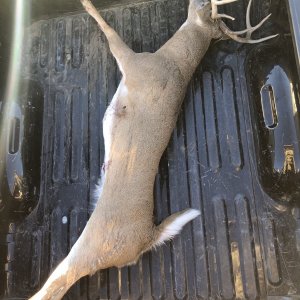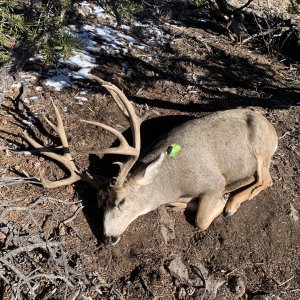Iowan
Active Member
- Messages
- 526
Please do not turn this into a debate about auction tags. I have a health issue that has me thinking about buying a tag possibly in 2020 just in case things do not turn out great. This is a question for you CPAs out there or even better someone that has purchased an auction tag and been through this process. There are a number of tags auctioned by SFW, RMEF, etc. I have seen some suggest that if you purchase an auction tag they can be considered charitable contributions and used as a tax deduction.
So let's assume I attend the 2020 Expo and purchase the Wasatch Premium Elk hunt for $15,000. I write a check for $15,000 to SFW. If I can deduct this as a charitable contribution my actual cost is closer to $10,000 via avoided taxes. For this to be possible SFW would need to provide me a receipt showing the amount I paid at $15,000 and the value of what I bought at $0 or some low amount.
I would really love to see a receipt that someone was issued for any auction tag bought from a 501c(3) like SFW-RMEF, etc.
Again this is a serious question as I might look to buy a tag in 2020. I would love to see someone like Hawkeye weight in.
Thank You.
Russ
So let's assume I attend the 2020 Expo and purchase the Wasatch Premium Elk hunt for $15,000. I write a check for $15,000 to SFW. If I can deduct this as a charitable contribution my actual cost is closer to $10,000 via avoided taxes. For this to be possible SFW would need to provide me a receipt showing the amount I paid at $15,000 and the value of what I bought at $0 or some low amount.
I would really love to see a receipt that someone was issued for any auction tag bought from a 501c(3) like SFW-RMEF, etc.
Again this is a serious question as I might look to buy a tag in 2020. I would love to see someone like Hawkeye weight in.
Thank You.
Russ












